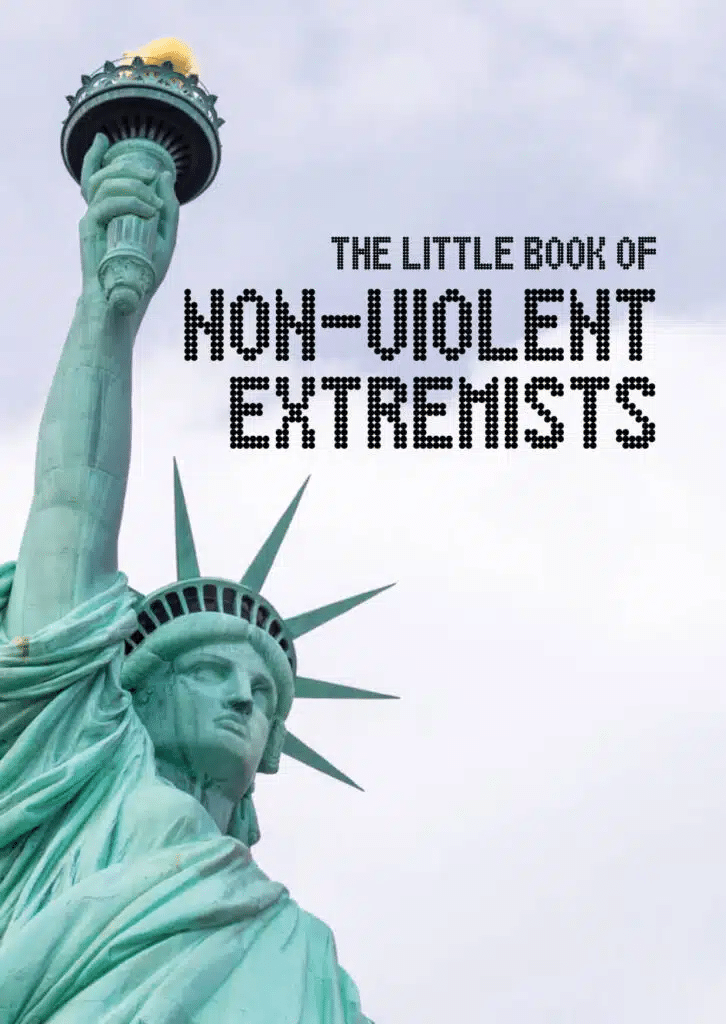Amending terrorism legislation to combat ‘extremism’ risks “excessive damage” to free speech, the Independent Reviewer of Terrorism Legislation has warned.
Jonathan Hall KC, in his report on whether reform is required in the light of recent “pro-Palestine” marches, told the Home Office there is “good reason for caution” in light of the threat to freedom of expression.
Earlier this month, The Christian Institute similarly warned that mooted changes to terrorism and extremism legislation could threaten, rather than protect, fundamental freedoms.
Unjustified
Following the review, Hall – who was appointed to scrutinise and report on terrorism legislation in 2019 – concluded: “there is no need to legislate for any amendments to terrorism legislation now”.
“severe”, “unjustifiable”, and “profound interference with freedom of expression”
He added: “It is difficult to identify any real situations where a gap in terrorism legislation means that terrorist mischief cannot currently be addressed by arrest and prosecution.”
Hall then cautioned: “There is a general risk of legislating in response to one set of protests because of the risk of unintended consequences when new legislation comes to be applied to other protests.”
Exploring possible scenarios under amended legislation, the King’s Counsel foresaw “severe”, “unjustifiable”, and “profound interference with freedom of expression”.
‘Vital protections’
Prior to Hall’s report, the Institute’s Director Colin Hart highlighted how “overly broad” drafting of legislation in this area has previously led to “unintended consequences”.
“A legitimate problem may be identified, but the proposed solution is a sledgehammer to crack a nut.
“We might all agree that specific behaviour needs to be stopped, but without precise wording innocent behaviour is caught too.”
He added: “Removing vital protections for free speech would certainly give the police more powers, but it also would fundamentally undermine democracy and free speech.”
This little booklet makes the big point that some non-violent ‘extremists’ turn out to be heroic people of global significance. Successive UK governments have sought to confront non-violent extremism. But without a clear, precise and well-understood definition this is a dangerous road to go down. Our little list of heroes could easily have been accused of breaching modern ‘non-violent extremism’ thresholds.


